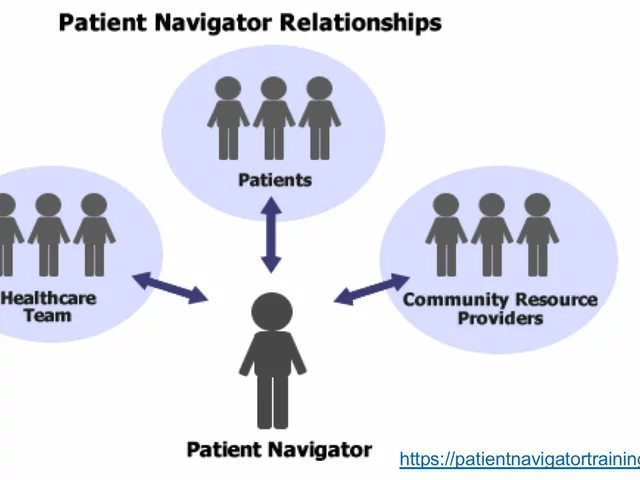Does an individual's race affect their access to health care?
Understanding Health Disparities
Before diving into the discussion on whether an individual's race affects their access to health care, it's essential to understand what health disparities are. Health disparities are differences in health outcomes and their determinants between different segments of the population. These disparities are not only unjust but also costly and harmful to society. They arise from a complex interplay of individual genetic and behavioral factors, social and economic factors, and health policies. However, it's important to focus on how race plays a role in these disparities.
Unpacking Racial Disparities in Healthcare Access
Studies have shown that race does indeed affect access to health care. This is a troubling revelation, particularly in a world that aspires for equality and justice. There are many reasons for this discrepancy. For instance, racial and ethnic minorities often have less access to medical care than their white counterparts. They are more likely to be uninsured, and even when they do have insurance, they often receive a lower quality of care.
Examining the Role of Implicit Bias in Healthcare Delivery
Implicit bias in healthcare delivery is another factor that contributes to racial disparities in health care access. Implicit biases are attitudes or stereotypes that unconsciously affect our understanding, actions, and decisions. They are triggered involuntarily and without an individual’s awareness or intentional control. These biases can affect a healthcare provider's behavior and judgments, leading to disparities in healthcare access and quality. Implicit bias can impact many aspects of patient care, from the initial patient-provider interaction to the diagnosis and treatment plan.
Exploring the Socioeconomic Factors
Socioeconomic factors also play a significant role in racial disparities in healthcare access. Socioeconomic status encompasses not only income but also education, and occupation. It's well documented that socioeconomic status is a key determinant of health, and racial and ethnic minorities are more likely to live in poverty and have lower levels of education. These factors can limit access to health care services, contribute to poor health, and result in shorter life expectancy.
Working Towards Health Equity
While the impact of race on healthcare access is undeniable, it's essential to recognize that it doesn't have to be this way. Efforts are being made to reduce and eventually eliminate these disparities. These include policies to increase healthcare access for minorities, programs to educate healthcare providers about implicit bias, and initiatives to address the social determinants of health. Everyone deserves equal access to high-quality health care, regardless of their racial or ethnic background.





Type your Comment
Your E-mail Address is secured. Required Fields are marked (*)